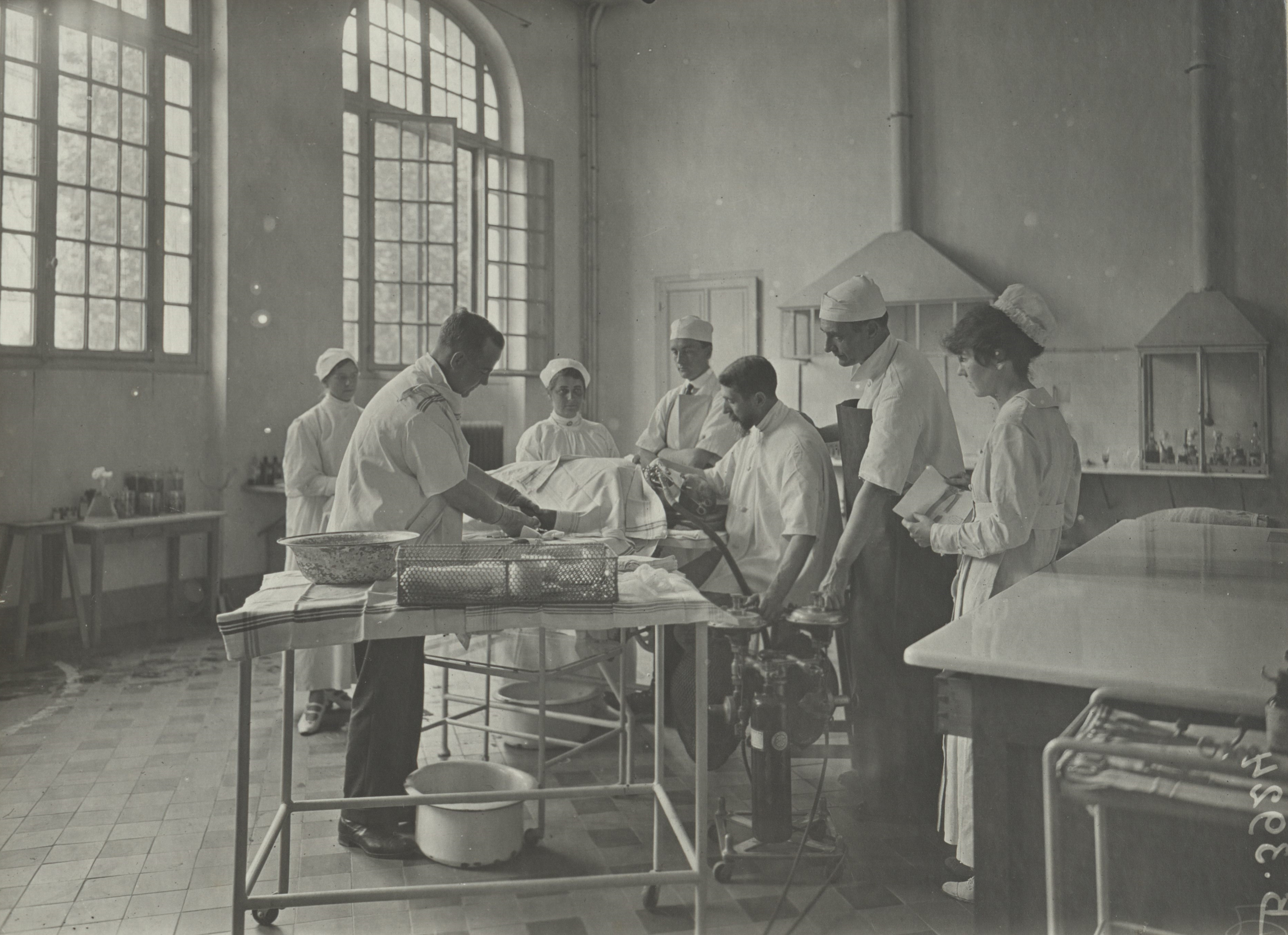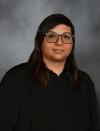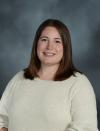By on April 22, 2020 - 12:57pm

For weeks New Yorkers have seen images of their city spaces being converted into triage sites and field hospitals to help with the overflow of suspected COVID-19 cases. The Javits Center and Columbia University’s Baker Field Athletic Complex, typically sites of conventions or football games, have been taken over by field hospitals. Paved spaces, usually packed with vehicles or people, are now covered in triage tents to screen low-risk patients outside of emergency rooms. New Yorkers see images of these repurposed medical spaces flicker across their news feeds as they stay apace with world events while social distancing at home.
The repurposing of spaces in an effort to save lives is certainly not a new concept in the history of either NewYork-Presbyterian Hospital or Weill Cornell Medicine. From a vacant orthopedic hospital retrofitted within eight days to help combat the polio epidemic in the city (described in the hospital’s 1916 annual report, digitized by the Medical Center Archives here) to a base hospital staffed by the hospital and college, constructed in a jungle during World War II (documented in our historic collections here), individuals have facilitated medical care in what were often less than ideal spaces. Faculty, staff, students, and alumni from the medical center have risen to the occasion to do what’s needed no matter how difficult the surroundings!
An interesting example of a non-medical space repurposed as a hospital comes from World War I in a suburb located just outside the heart of Paris, France. World War I was a clash of new technologies with old styles of warfare, and the Americans living abroad were witness to the devastating injuries coming back from the front lines. While the U.S. military would not become involved in the war until 1917, a group of Americans living in Paris opened a military hospital known as the American Ambulance (Ambulance Américaine in French) in an unfinished school being built in Neuilly-sur-Seine to help with the many war casualties. The school had been set to open in the fall of 1914, though the war broke out before it was completed. The gymnasium and classrooms were repurposed as wards and operating rooms, and an ambulance service was set up to coordinate the arrival of patients from the train stations in Paris.
In addition to three doctors and 25 nurses from the New York Hospital (now NewYork-Presbyterian Hospital), a 1913 nursing school alumna named Marion Doane served in the American Ambulance during the war. A photograph album and letters preserved in the Medical Center Archives document her experience as an operating room supervisor. After the U.S. entered the war, the American Red Cross took over the American Ambulance, and many more doctors, nurses, and staff from the New York Hospital and Cornell’s medical college (now Weill Cornell Medicine) volunteered in a variety of wartime capacities. Some continued their international service after the war, including Marion Doane, who would go on to work in Japan, Haiti, and Turkey. In 1923 the former American Ambulance for which she served during World War I finally opened for its original purpose: a school called the Lycée Pasteur, which still exists today.
Photograph: Operating room at the American Ambulance from the Marion Stanley Doane, RN Papers.
This blog is part of a new series from the Medical Center Archives of NewYork-Presbyterian/Weill Cornell Medicine entitled “Courage Under Crisis,” demonstrating the medical center’s role in previous crises. Due to current social distancing recommendations, research for this series relies in large part on digitized archival publications and images available online, as well as reliable secondary sources such as the 2016 publication Weill Cornell Medicine: A History of Cornell’s Medical School by Antonio M. Gotto, Jr., MD and Jennifer Moon.
Blog Category: Courage Under Crisis




